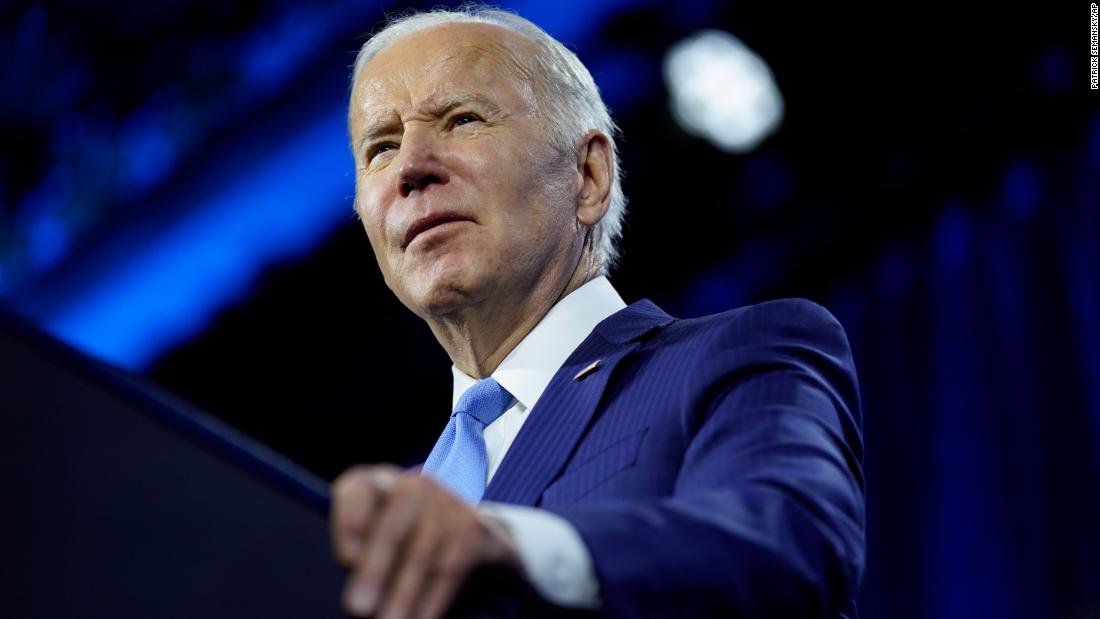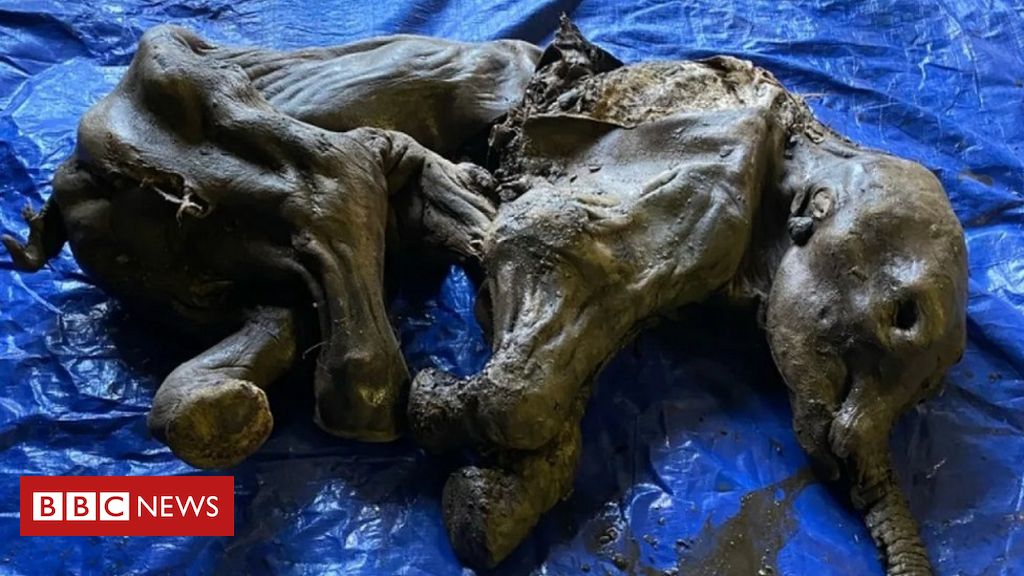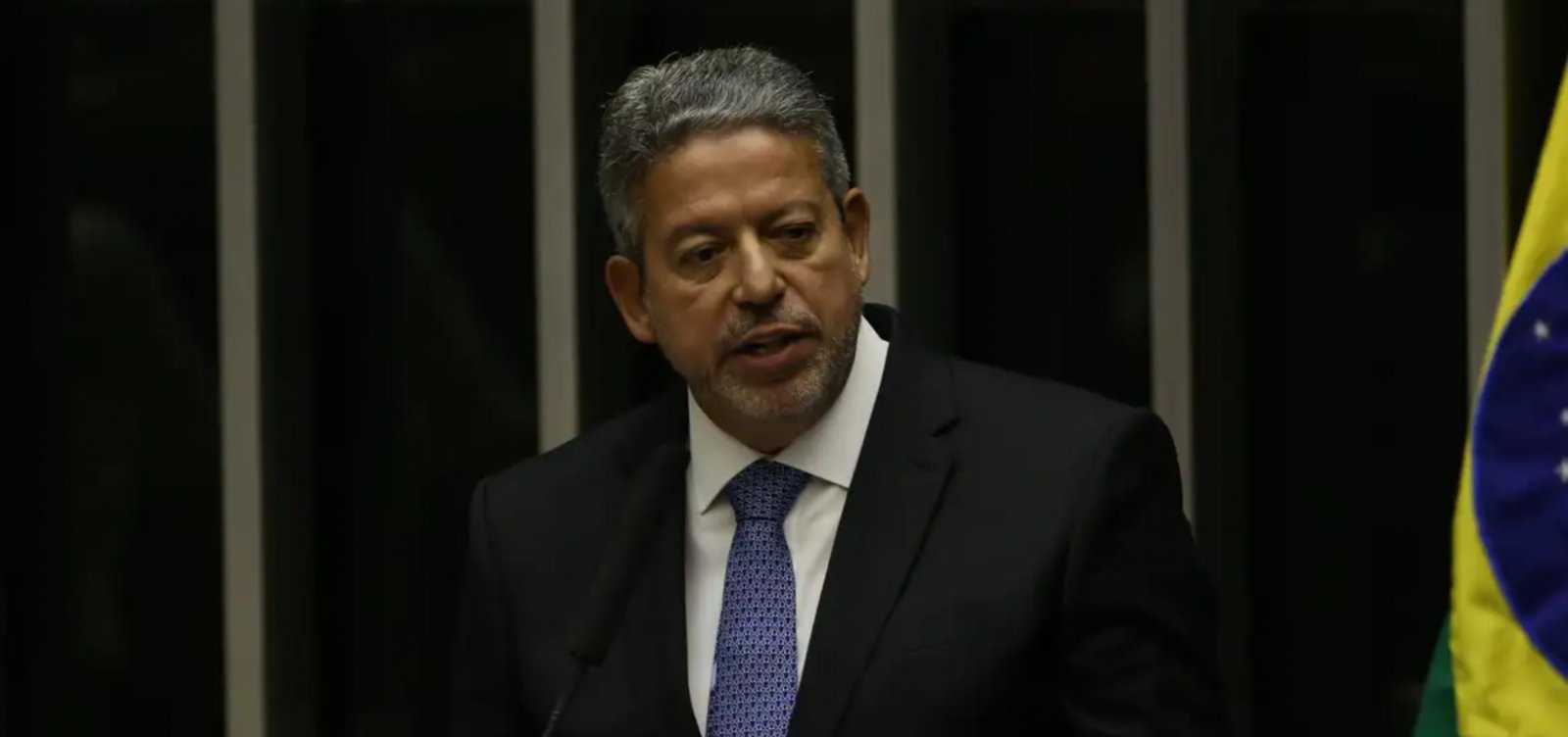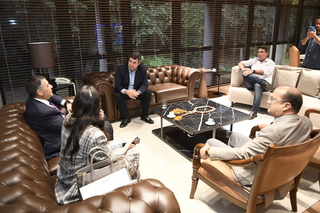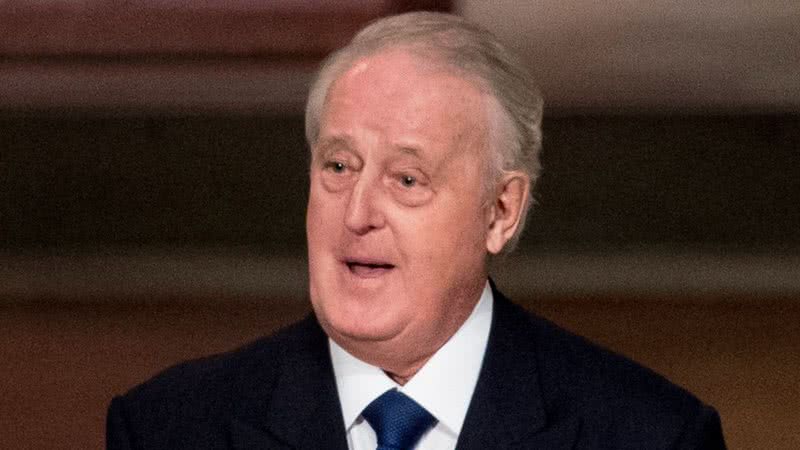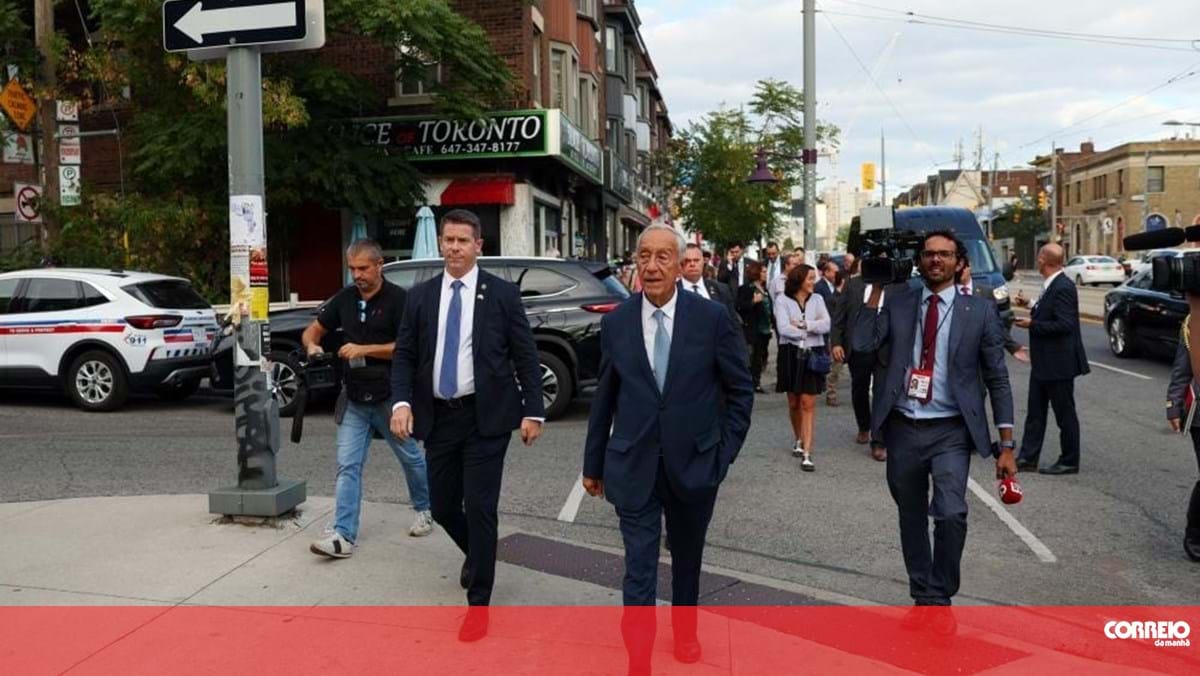According to a statement issued Tuesday by the Russian Foreign Ministry, the government added the following people to its “stop list,” which barred them from entering Russia: Biden, US Secretary of State Antony Blinken, Defense Minister Lloyd Austin, Chairman of the Joint Chiefs of Staff General Mark Milley, Biden National Security Adviser Jake Sullivan, CIA Director William Burns, White House Press Secretary Jen Psaki, Deputy National Security Adviser Daleep Singh, USAID Director Samantha Power, Deputy Treasury Secretary Adewale Adeyemo and US Exporters Import Bank President Reta Jo Lewis.
The “quit list” also includes other non-governmental individuals, including the President’s son, Hunter Biden, and former US presidential candidate and former Secretary of State Hillary Clinton.
The foreign ministry said the sanctions were a response to sanctions imposed by the US in recent weeks, which were part of a larger Western tactic to counter Russian military action in Ukraine.
The statement called the sanctions an “inevitable consequence of the very Russophobia path taken by the current US Administration, which, in a desperate attempt to maintain American hegemony, relies, discarding all decency, on Russia’s frontal restraints.”
The Russian government suggested more sanctions would follow, with the blacklist expected to be expanded to include “high-ranking US officials, military officials, lawmakers, businessmen, experts and media persons who are Russophobia or contribute to inciting hatred against Russia and the introduction of restrictions.” Measurement.”
The foreign ministry also said in its statement that the Russian government “does not refuse to maintain official relations if they fulfill our national interests, and, if necessary, we will resolve issues arising from the status of persons appearing on the ‘black list’. to regulate high-level contact.”
White House press secretary Jen Psaki suggested the restrictions would have little impact on their intended targets, telling reporters during Tuesday’s press conference, “It won’t surprise any of you that none of us are planning a tourist trip to Russia, none of us have a bank account that we can’t access, so we’re going to move on.”
When Psaki was asked if the new sanctions signaled an escalation by Russia, Psaki said the US was “confident” US officials “will have the ability” to continue direct and indirect conversations with Russia.
Half of the country’s foreign exchange reserves – about $315 billion – have been frozen by Western sanctions imposed after the invasion of Ukraine, Russia’s finance minister Anton Siluanov said on Sunday. As a result, Moscow will pay creditors from “hostile countries” in rubles until sanctions are lifted, he said.
Credit rating agencies are likely to consider Russia a default if Moscow misses payments or pays debts issued in dollars or euros in other currencies such as the ruble or the Chinese yuan. A default could push some of the remaining foreign investors out of Russia and further isolate the country’s collapsing economy.
A default could come as early as Wednesday, when Moscow needs to hand over $117 million in interest payments on dollar-denominated government bonds, according to JPMorgan Chase.
Russia on Tuesday also announced it would bar Canadian Prime Minister Justin Trudeau, Canadian Foreign Minister Mélanie Joly and Canadian Defense Minister Anita Anand from entering the country, Russia’s Foreign Ministry tweeted on Tuesday.
The foreign ministry announced the restrictions on Canadian officials shortly after Ukrainian President Volodymyr Zelensky spoke virtually in Canada’s Parliament.
Russia’s actions come amid several new US sanctions against Russian leaders and the leaders of their allies. The US sanctioned Belarusian President Alexander Lukashenko, who has allied with Russia in its war in Ukraine, as well as a number of other Russians, including a judge for human rights abuses, according to the US Treasury. In addition, the Biden administration targeted 11 Russian military leaders, some of whom have been involved in suppressing Russian protesters and dissent in occupied areas of Ukraine.
CNN’s Kylie Atwood, Charles Riley and Zachary B. Wolf contributed to this report.

“Geek zombie. Subtly charming social media scholar. Beer enthusiast. Lifelong bacon pioneer.”

